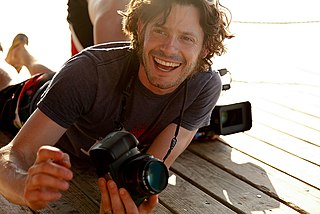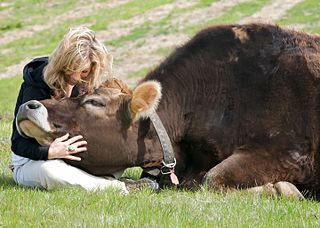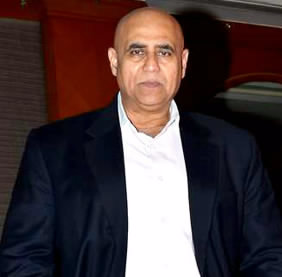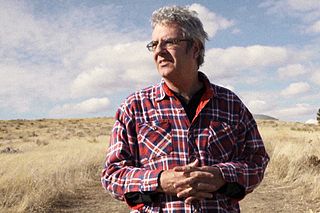A Quote by Jonathan Safran Foer
If we are not given the option to live without violence, we are given the choice to center our meals around harvest or slaughter, husbandry or war. We have chosen slaughter. We have chosen war. That's the truest version of our story of eating animals. Can we tell a new story?
Related Quotes
It is not how we breed, keep and kill animals for human consumption that has been the impetus for vegetarianism for thousands of years. It is that we breed, keep and kill animals for human consumption. Throughout the centuries the common thread in the arguments against eating animals is the fact that since we have no nutritional requirement for the flesh or fluids of animals, killing them to simply satisfy our taste-buds or habits or customs amounts to senseless slaughter, and senseless slaughter is no small thing.
Literature is an aspect of story and story is all that exists to make sense of reality. War is a story. Now you begin to see how powerful story is because it informs our worldview and our every action, our every justification is a story. So how can story not be truly transformative? I've seen it happen in real ways, not in sentimental ways or in the jargon of New Age liberal ideology.
The benefit of writing a collection - as opposed to a novel - is that I'm able to have some version of the war in each story without having to comment on its all-encompassing nature. Turn the page and here are new characters and new situations, but the war remains... Isn't that how life has been for us for over a decade?
So tell me, since it makes no factual difference to you and you can't prove the question either way, which story do you prefer? Which is the better story, the story with animals or the story without animals?' Mr. Okamoto: 'That's an interesting question?' Mr. Chiba: 'The story with animals.' Mr. Okamoto: 'Yes. The story with animals is the better story.' Pi Patel: 'Thank you. And so it goes with God.
He thought about the story his daughter was living and the role she was playing inside that story. He realized he hadn't provided a better role for his daughter. He hadn't mapped out a story for his family. And so his daughter had chosen another story, a story in which she was wanted, even if she was only being used. In the absence of a family story, she'd chosen a story in which there was risk and adventure, rebellion and independence.
In the middle of the nineteenth century, the United States embarked on a new relationship with death, entering into a civil war that proved bloodier than any other conflict in American history, a war that would presage the slaughter of World War I's Western Front and the global carnage of the twentieth century.
Thus, for followers of Christ, calling neutralizes the fundamental position of choice in modern life. “I have chosen you,” Jesus said, “you have not chosen me.” We are not our own; we have been bought with a price. We have no rights, only responsibilities. Following Christ is not our initiative, merely our response, in obedience. Nothing works better to debunk the pretensions of choice than a conviction of calling. Once we have been called, we literally “have no choice.







































